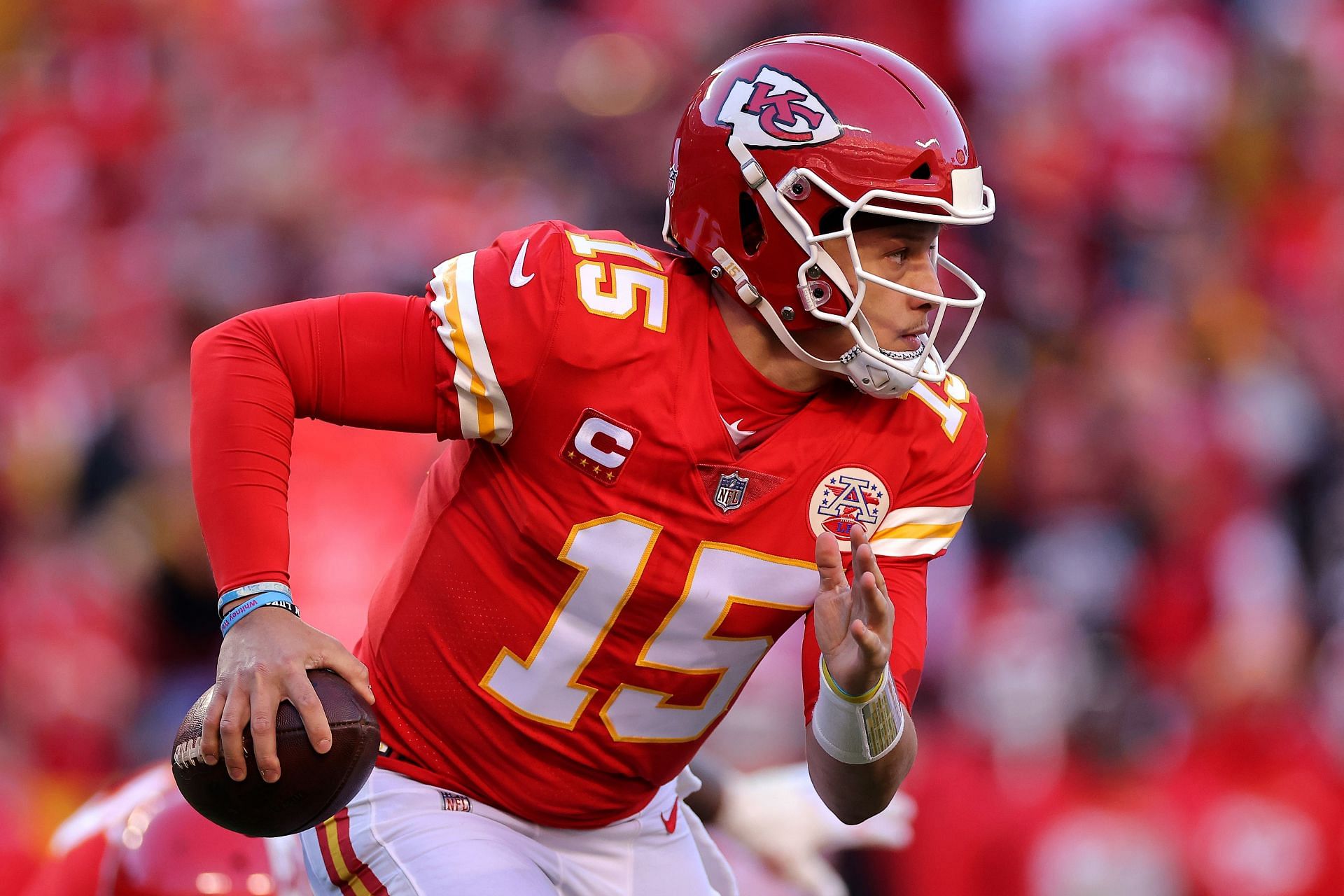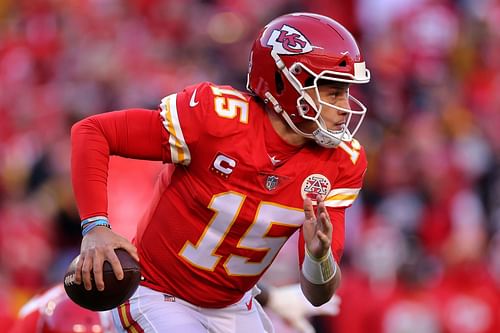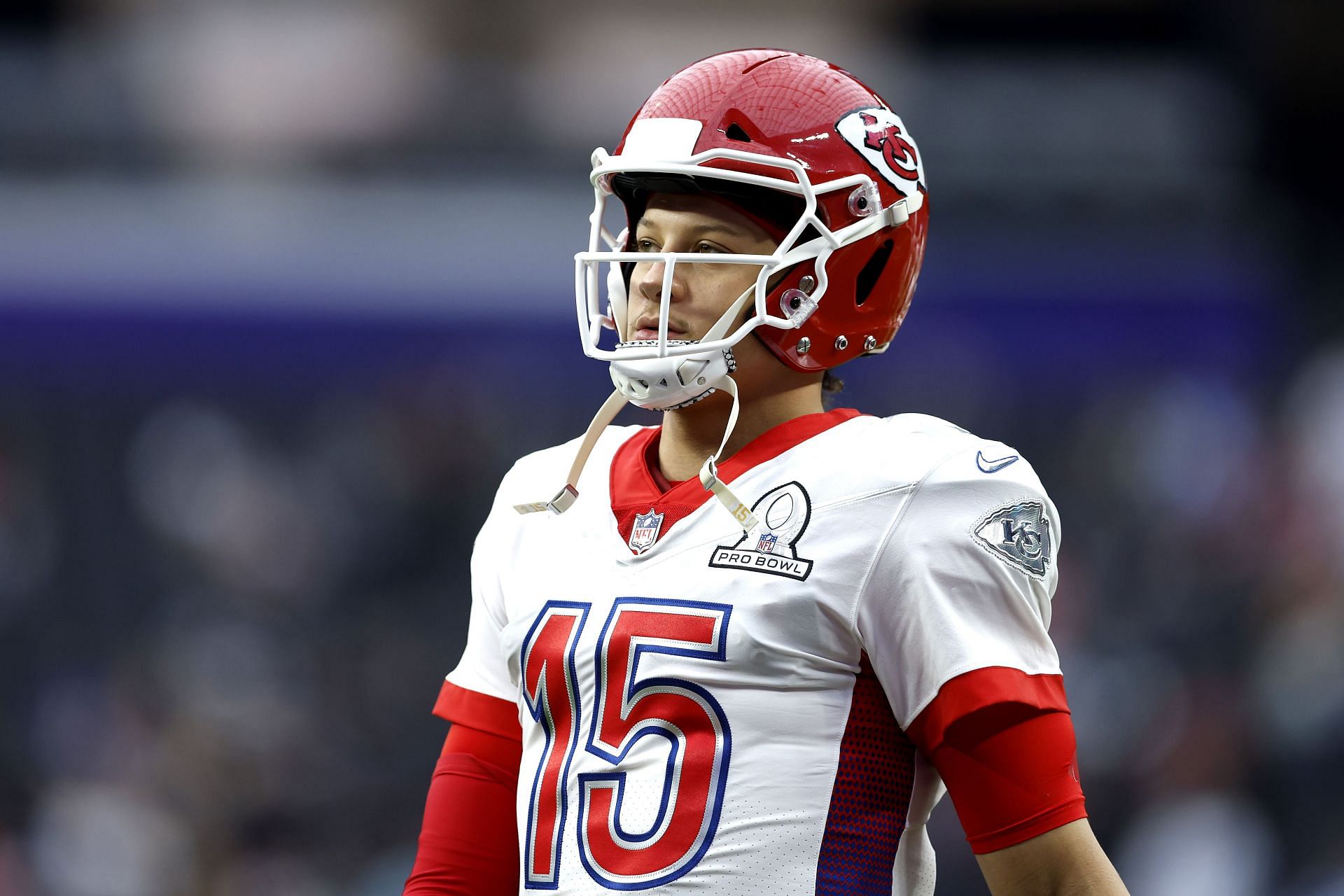
What happens if an NFL team is over the cap?Rules explained

The NFL's entire season is based around the salary cap, which dictates the amount of available funds there are for each team to sign players. The NFL's salary cap is established in the Collective Bargaining Agreement set between the league and NFLPA. Unlike leagues like the NBA and MLB, the NFL has balanced the playing field and, essentially, allowed every team a fair shot each year.
The salary cap, theoretically, increases each season and has done so since 1994. As revenue increases, the salary cap usually follows. But 2021 was impacted by COVID-19, and the league went from $192 million in 2020 to $180 million the next year. 2022 is back on track with a new hard cap of $208.2 million. But what happens if a team goes over the salary cap limit, as several currently are?
Teams must remain under the set cap limit throughout the season and are fined upwards of $5 million for each infraction. In more severe cases, draft picks can be confiscated and player contracts can be voided.
During the offseason, teams are given a bit more leeway and larger timeframes to get back under the limit. During the season, the league office is stricter and only allows seven days to reconcile any infractions to the salary cap following trades.
Within those seven days, teams will have to either restructure contracts or cut players to find the necessary funds.
Once a team finds themselves above the salary cap, they are banned from signing any additional players under the requirements. In addition, teams must also spend a set minimum amount or else they must pay the difference directly to the players.
Are NFL contract bonuses and incentives included in the salary cap?

Players' salaries make up the money involved in the salary cap. There is no limit to how much a team can pay a single player, as long as they remain under the cap and have the minimum number of players on the roster. For example, Patrick Mahomes makes $45 million annually, the current highest in the NFL and in league history.
There is also a league minimum that players can be paid. Players with, at least, one year of experience must make, at least, $675,000 per year. Those with less than a year on their resume must earn, at least, $610,000. Veterans with seven or more years of experience can earn a minimum of $1.05 million.
Signing bonuses, incentives, and any other contract bonuses do not count against the salary cap. It is very common for a team to partially restructure someone's salary into a restructured bonus to free up space in the salary cap. But players tend to make less money with bonuses as opposed to their salaries.